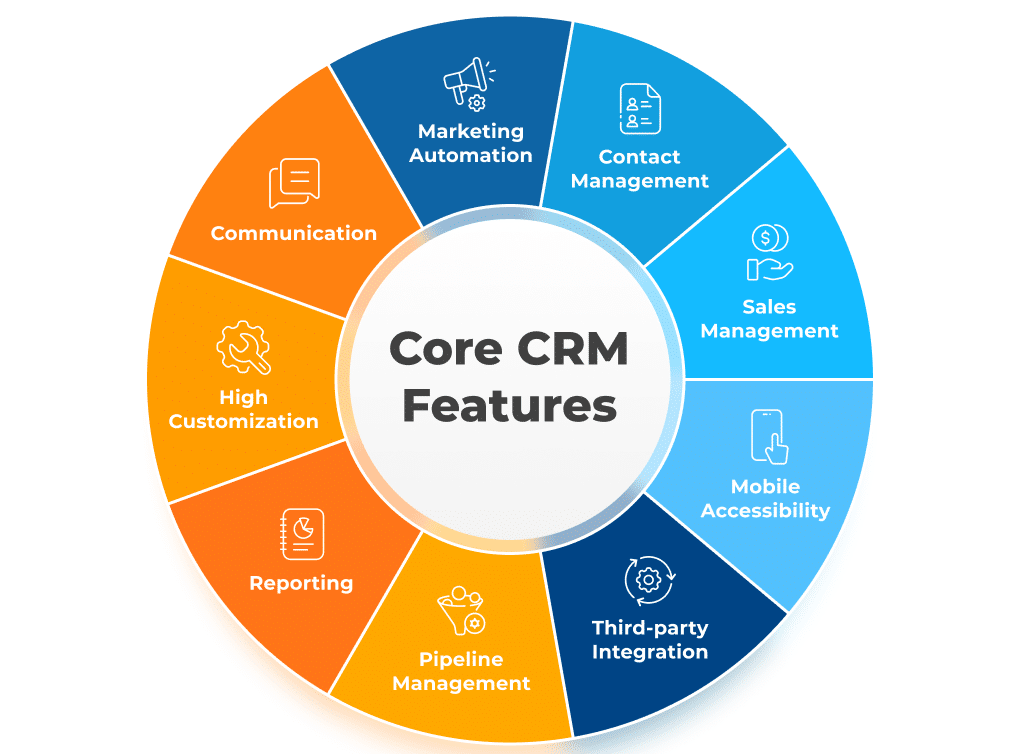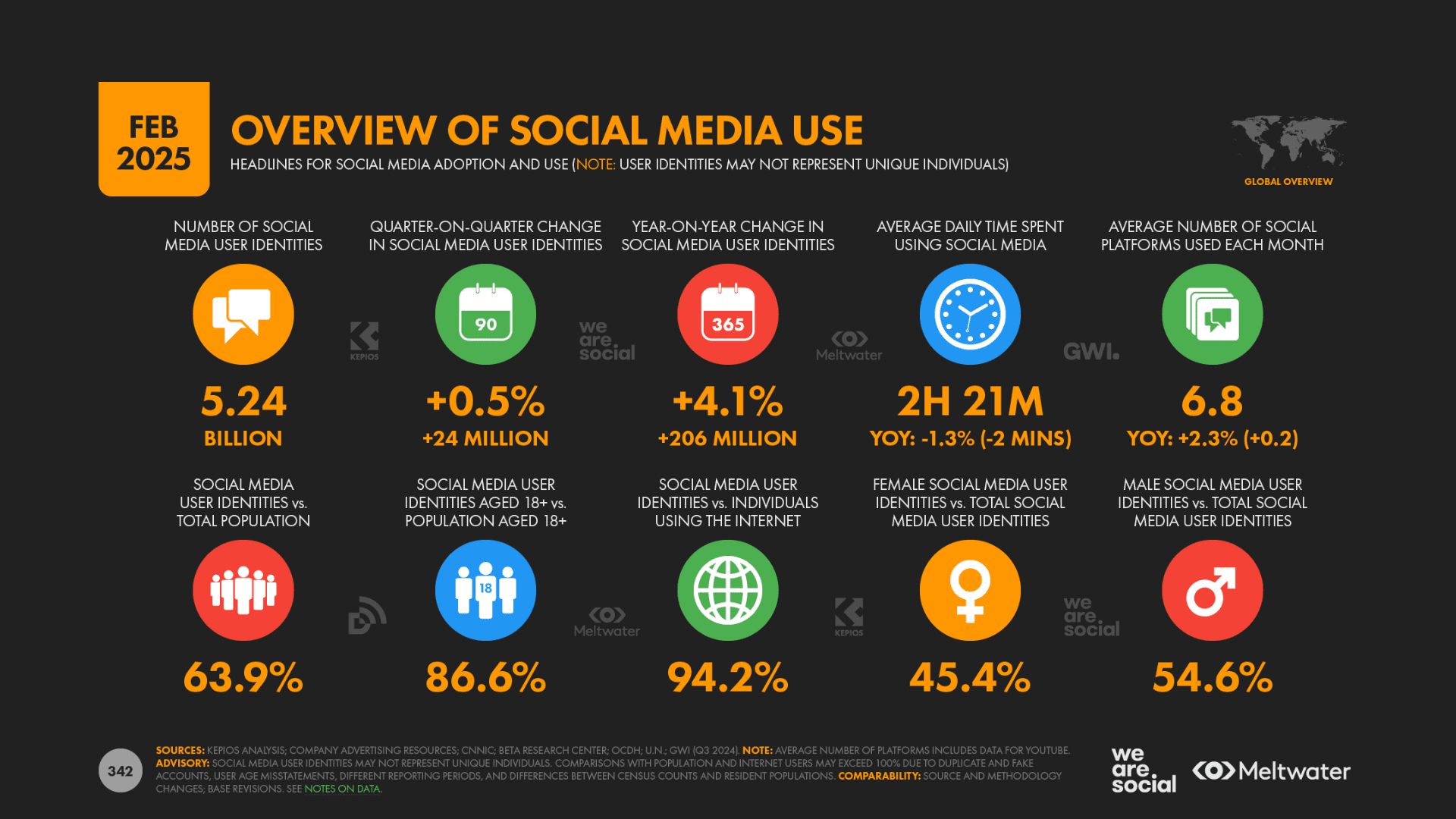Introduction
Customer Relationship Management (CRM) is more than just a tool—it’s a strategy that enables businesses to manage interactions with customers, streamline processes, and improve profitability. In today’s digital era, where customer experience determines business success, a well-implemented CRM system is no longer a luxury but a necessity.
What is CRM?
CRM refers to the technology and practices businesses use to store, manage, and analyze customer interactions throughout the customer lifecycle. It helps companies build stronger relationships, enhance customer satisfaction, and drive sales.
A CRM system typically includes:
- Contact Management – Storing customer details and interaction history.
- Sales Automation – Managing sales pipelines and follow-ups.
- Marketing Automation – Running targeted email campaigns.
- Customer Support – Tracking service requests and issue resolution.
- Analytics & Reporting – Gaining insights from customer data.
Why is CRM Indispensable for Businesses?
1. Improves Customer Relationships
A CRM system centralizes customer data, enabling businesses to understand their preferences and needs better. This leads to personalized communication and higher customer retention rates.
2. Boosts Sales and Revenue
With CRM, businesses can track leads, monitor sales pipelines, and automate follow-ups, ensuring no opportunity is missed. This significantly enhances conversion rates and revenue generation.
3. Enhances Team Productivity
CRM automates repetitive tasks like data entry, email reminders, and report generation, allowing sales and customer service teams to focus on more strategic activities.
4. Optimizes Marketing Strategies
Using CRM analytics, businesses can segment customers, personalize campaigns, and measure performance to optimize their marketing strategies effectively.
5. Provides Data-Driven Insights
CRM tools offer real-time analytics and reporting, enabling businesses to make informed decisions based on customer trends and behavior.
Types of CRM Systems
1. Operational CRM
- Focuses on sales automation, marketing automation, and customer service.
- Ideal for businesses looking to streamline daily operations.
2. Analytical CRM
- Helps businesses analyze customer behavior and purchasing patterns.
- Provides insights for better decision-making and personalized marketing.
3. Collaborative CRM
- Enhances communication between departments, suppliers, and stakeholders.
- Useful for businesses that require cross-functional customer management.
How to Choose the Right CRM for Your Business?
When selecting a CRM system, consider:
- Your business size and industry
- Integration capabilities (Does it integrate with your existing software?)
- Customization and scalability (Can it grow with your business?)
- Ease of use and support
- Security and compliance
Top CRM Software Options
- Salesforce – Best for large enterprises.
- HubSpot CRM – Ideal for small to medium-sized businesses.
- Zoho CRM – Budget-friendly and customizable.
- Microsoft Dynamics 365 – Best for businesses using Microsoft products.
- Pipedrive – Great for sales-driven organizations.
How to Implement CRM Successfully?
- Define Your Objectives – Identify what you want to achieve with CRM.
- Train Your Team – Ensure employees understand and use the system effectively.
- Integrate with Existing Tools – Connect CRM with your email, website, and marketing platforms.
- Monitor and Optimize – Regularly analyze performance and make necessary improvements.
Conclusion
A well-implemented CRM system is a game-changer for businesses looking to improve customer relationships, boost sales, and streamline operations. Whether you’re a startup or a large enterprise, investing in the right CRM solution can significantly impact your success.🚀 Want to upgrade your business with a custom CRM? Contact Us today!






